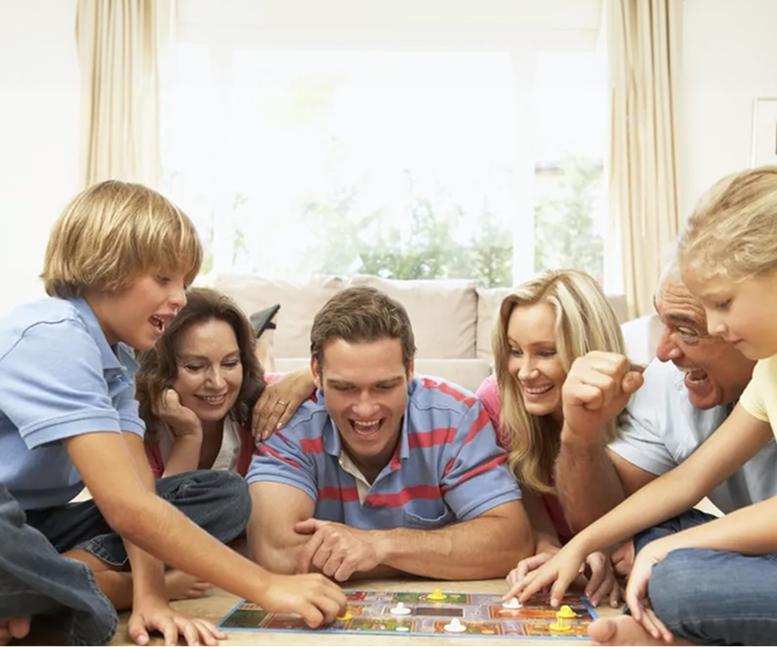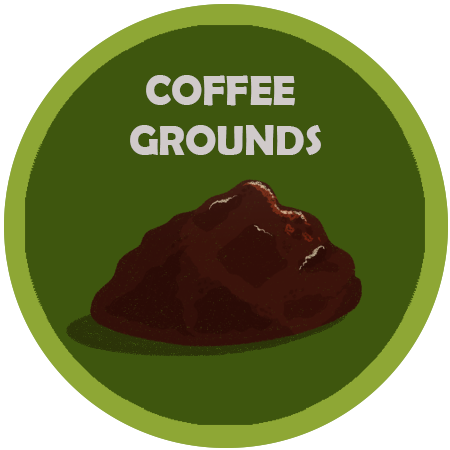.jpeg)
.jpeg)

About Raccoon Rescuers

Recycling Is a Participation Problem
Low Engagement
Before

Engagement Through Play
After

Design Hypothesis
From Insight to Concept

Expanding the Game System

Gameplay Logic Diagram
Enhancing Gameplay Through Technology


















































Data coded trash
Designing the First Experience
User oriented design
.jpeg)
Storybook and game manual







Neatly arranged packaging

Designed for the environment


Sketch Model and Testing


LOFI prototype


HIFI prototype
Game Demonstration
.jpeg)


Rethinking a Universal Audience




.jpeg)